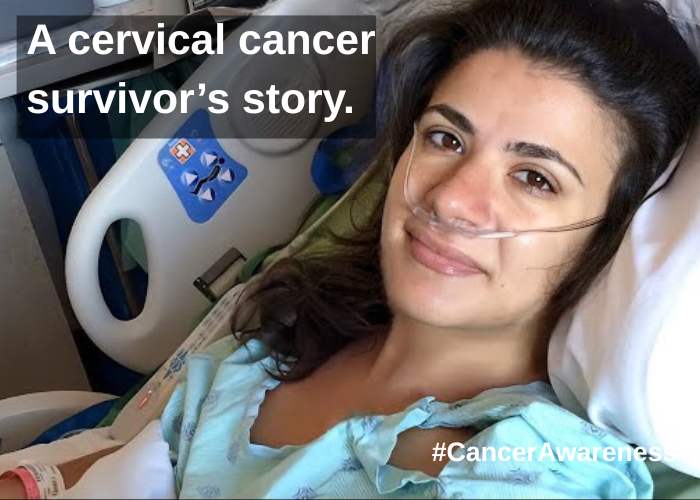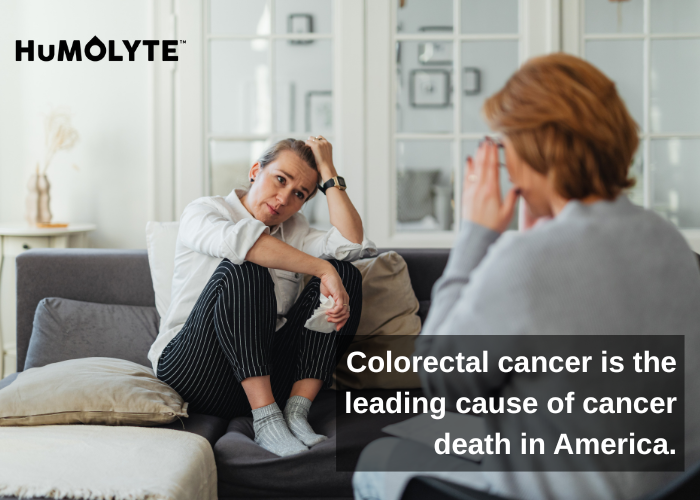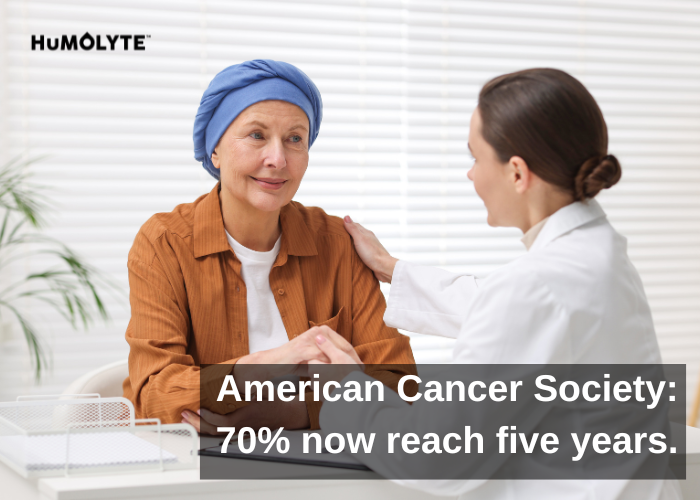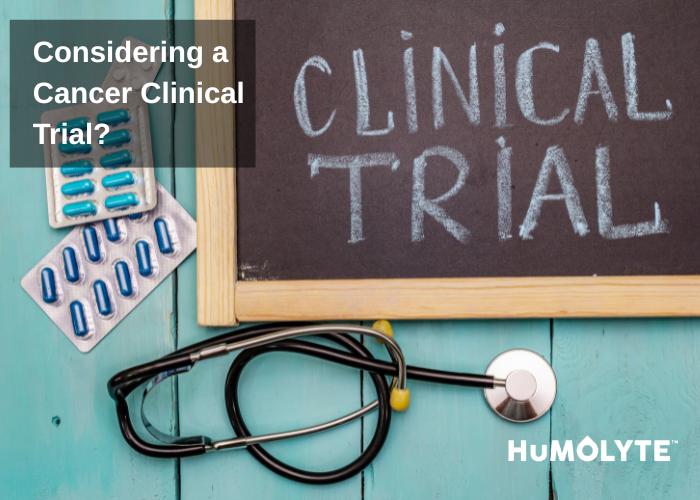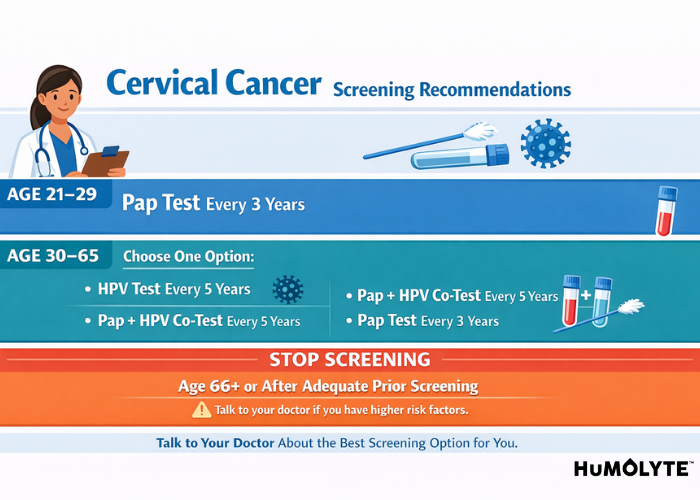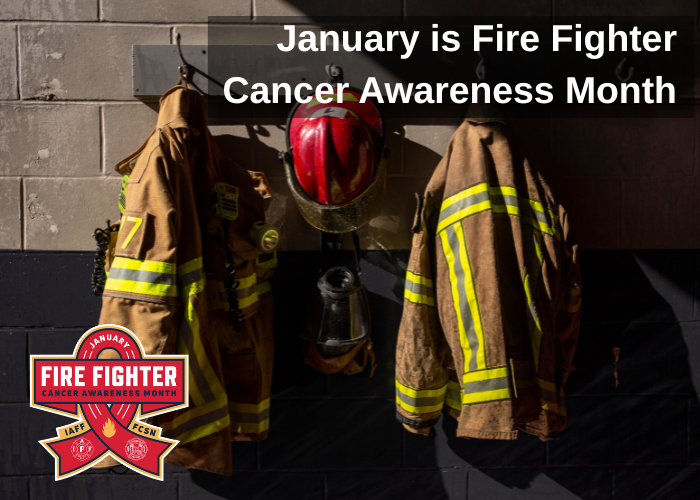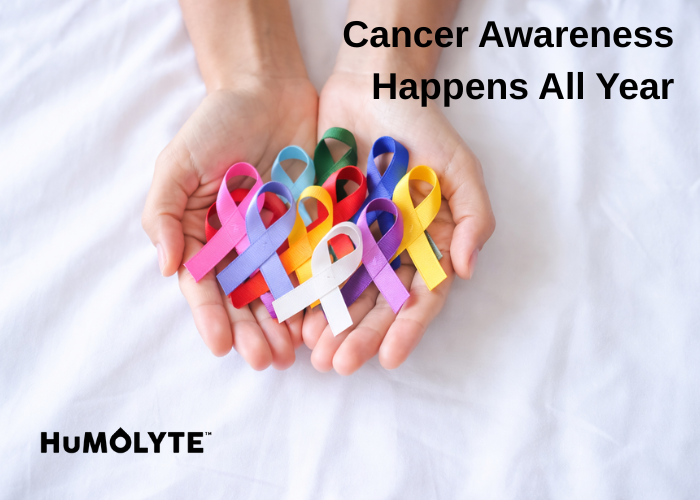Blog
January Is Cervical Cancer Awareness Month: One Survivor’s Story
January is Cervical Cancer Awareness Month, a time to talk openly about a disease that is often diagnosed quietly but changes lives instantly. In this survivor story, Mila shares the shock of diagnosis, the reality of treatment, the fight to preserve fertility, and the lessons she learned about self-advocacy—offering insight and hope to patients and caregivers alike.
Colorectal Cancer Is Now the Leading Cause of Cancer Death in America: What Patients and Caregivers Need to Know
Colorectal cancer has become the leading cause of cancer death in America, a shift driven in part by rising cases among younger adults. For patients and caregivers, understanding the importance of early screening, symptom awareness, and support can make a life-saving difference.
The Myth of “Think Positive and You’ll Be Fine”
You may have been told that a positive attitude is essential to surviving cancer. While well-intended, this message can quietly cause harm. Research shows that forced positivity does not improve cancer outcomes. What truly helps is emotional honesty, realistic hope, and being supported exactly as you are.
January Is Cervical Cancer Awareness Month: Here’s What You Need to Know
January is Cervical Cancer Awareness Month—a powerful reminder that one simple test can literally save your life. Cervical cancer is highly preventable and, when caught early, highly treatable. In this guide, we break down what cervical cancer is, who’s at risk, how Pap and HPV tests work, and what you can do this month to protect yourself and the women you love.
American Cancer Society: 70% now reach five years.
The 2026 American Cancer Society Cancer Statistics Report brings encouraging news for the cancer community: for the first time, 70% of people diagnosed with cancer now live at least five years after their diagnosis. This milestone reflects decades of progress in prevention, early detection, and treatment. Yet challenges persist, with certain cancers increasing in incidence and disparities in outcomes remaining a key concern. This blog explains what these findings mean for patients and caregivers, with clear takeaways for navigating the journey ahead.
What Are Cancer Clinical Trials?
For many people facing a cancer diagnosis, the idea of a clinical trial raises questions and uncertainty. This guide explains what it means to participate in a cancer clinical trial, who is eligible, how to find a trial, and why these studies are vital to improving cancer treatment for everyone.
HuMOLYTE Chemotherapy Patient Experience Survey
HuMOLYTE is inviting individuals preparing for chemotherapy to participate in a Patient Experience Survey. Selected participants will receive a complimentary supply of HuMOLYTE, a GRAS medical food designed to support hydration, electrolyte balance, and mucosal health. Participation includes following the recommended protocol and completing a short post-treatment survey. Spots are limited—apply today.
Walking Through Fatigue: Why Simple Movement Matters During and After Cancer Treatment
Cancer-related fatigue can feel overwhelming, lingering long after treatment ends. New long-term research shows that something as simple as walking may play a powerful role in easing fatigue and improving quality of life for people living with colorectal cancer.
Understanding the New Cervical Cancer Screening Guidelines
Updated cervical cancer screening guidelines offer new options, including primary HPV testing, to help detect disease earlier and reduce barriers to care. Understanding these changes can help patients stay informed and caregivers support preventive health decisions with confidence.
January Firefighter Cancer Awareness Month — Understanding Risks, Supporting Survivors
January is Firefighter Cancer Awareness Month — a dedicated time to recognize the profound cancer risks firefighters face, to learn how to reduce exposure, and to support those currently battling occupational cancer and their caregivers.
Cancer Awareness Campaigns by Month: A Year-Round Guide for Patients and Caregivers
Cancer awareness is not limited to a single month—it is a year-round effort that supports education, early detection, and advocacy. Throughout the year, different cancers are recognized to help patients, caregivers, and families better understand risks, symptoms, and available resources. This guide outlines cancer awareness campaigns by month, offering a clear and compassionate overview to help you stay informed, engaged, and supported every step of the way.
How to Handle the Holidays While Undergoing Chemotherapy
Feeling lonely during the holidays with cancer or caregiving? Learn gentle, practical ways to reduce isolation—small connections, boundary scripts, grounding rituals, and support resources.
How to Talk to Kids About Cancer (Without Breaking Trust)
When cancer enters a family, many adults try to “protect” children by waiting, softening, or avoiding the topic. Pediatric psychologists recommend the opposite: start with what your child already knows, tell the truth in age-appropriate language, and keep the door open for questions—because trust is the foundation of coping.
Managing Holiday Loneliness With Cancer
Feeling lonely during the holidays with cancer or caregiving? Learn gentle, practical ways to reduce isolation—small connections, boundary scripts, grounding rituals, and support resources.
Are GLP-1 Weight-Loss Drugs Safe for Breast Cancer Patients?
GLP-1 agonists have transformed diabetes and weight management, but many people with a history of breast cancer are left wondering: are these medications actually safe for me? Current research is reassuring—large studies have not shown an increased risk of breast cancer in people taking GLP-1 drugs, and they may even indirectly support better outcomes by improving weight and blood sugar control. At the same time, doctors are still watching potential signals for pancreas and thyroid cancers, so it’s important to review your individual situation with your care team.
New American Cancer Society Cervical Cancer Screening Guidelines
Big news in cervical cancer prevention. New American Cancer Society Cervical Cancer Screening Guidelines now allow many women to collect their own HPV test swab at home or in a clinic. This simple change can remove barriers, reduce disparities, and help more patients stay current with lifesaving screening.
Read our latest blog to learn how self-collection works and why it matters for caregivers and cancer patients.
HuMOLYTE Recognized with Sacramento Business Journal Innovation Award
HuMOLYTE, an electrolyte mix with prebiotic ingredients developed by IGH Naturals, has received the Sacramento Business Journal’s Innovation Award. Designed to support hydration in patients with vulnerable gut function, including those undergoing chemotherapy, HuMOLYTE is currently classified as a food while the company pursues FDA approvals. Early company-reported data suggest it may help reduce dehydration-related side effects and the need for IV fluids, making it a topic worth discussing with oncology care teams.
A Persistent Cough, a Hidden Mutation: Stephanie’s ALK-Positive Lung Cancer Journey as a Young Mom
When a young mom in Harrisburg brushed off a nagging cough as allergies, cancer was the last thing on her mind. Stephanie’s story of stage 2B ALK-positive lung cancer shows how one X-ray changed everything, how surgery and chemotherapy tested her limits, and how targeted therapy and a fierce love for her daughter keep her moving forward. For patients and caregivers, her journey is a reminder to listen to your body, ask hard questions, and never walk this road alone.
Join Us for Cancer Biomarker Awareness Day — November 13th, 2025
Cancer Biomarker Awareness Day on November 13th, 2025, reminds us of the vital role that biomarker testing plays in guiding cancer treatment. Learn what biomarkers are, why testing matters, and how you can advocate for more personalized care.
When a Common Virus Turns Dangerous: The Hidden Link Between HPV and Skin Cancer
A recent breakthrough study shows that a common form of human papillomavirus (HPV) may not just assist in causing skin cancer — it can cause it outright. This finding changes what scientists know about one of the world’s most common cancers and could reshape how patients with immune disorders are treated.

